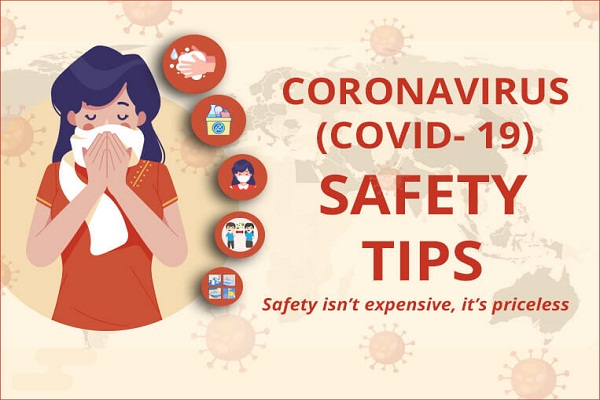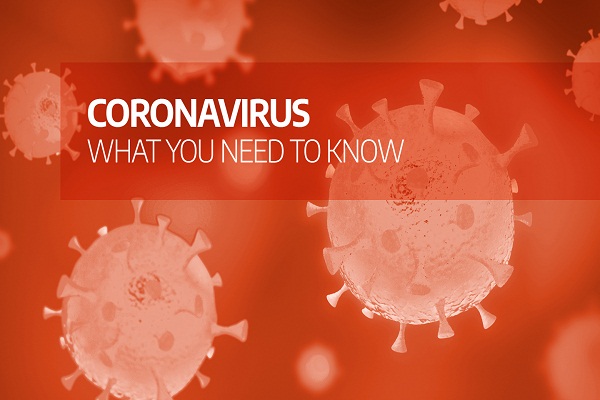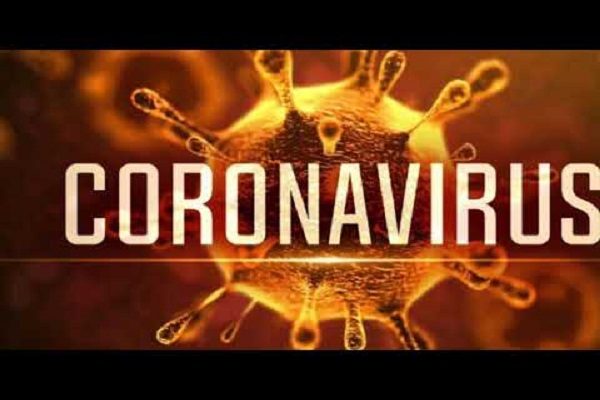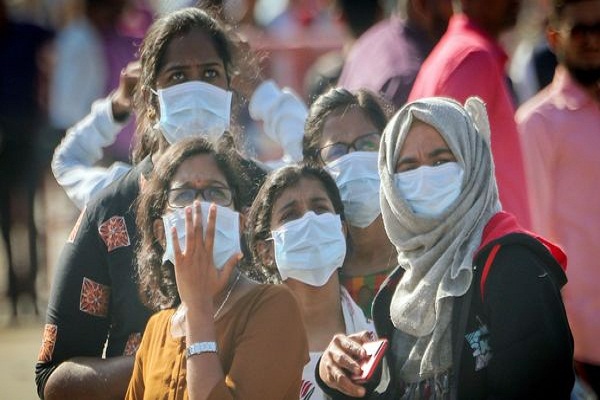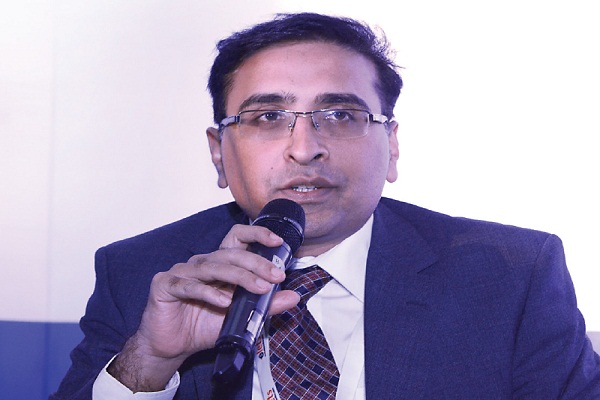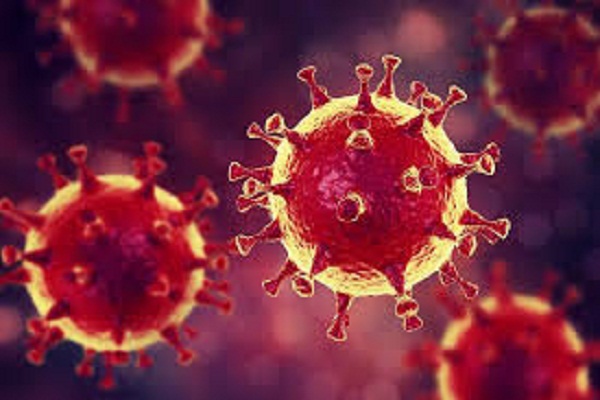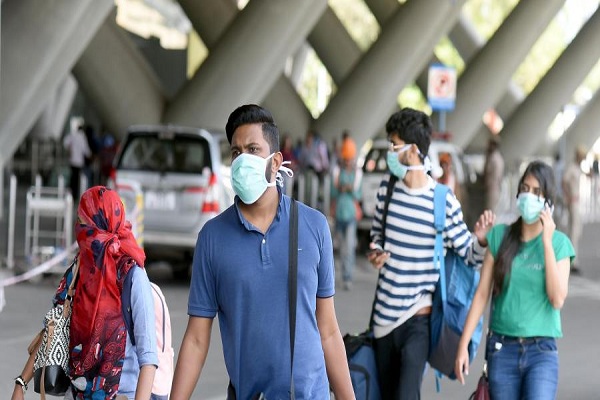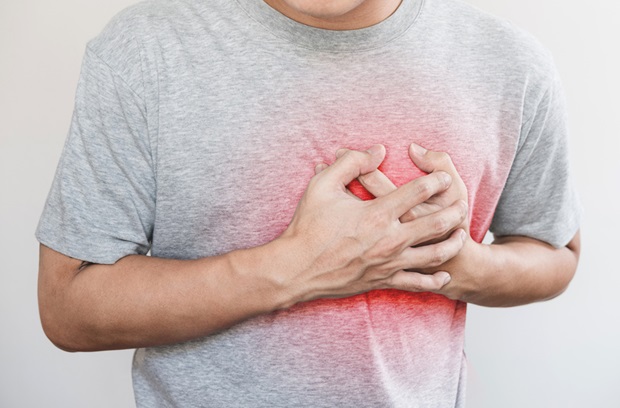
Though heart disease is a leading cause of death, it does not mean you have to accept it as your fate. Although you cannot change some risk factors — such as family history, sex or age — there are some key heart disease prevention steps you can definitely take.
We have observed increase incidence of heart attack, sudden cardiac arrest and death in young Indians. Heart attack can kill a person instantaneously during the first ever episode of chest pain. Even if the person survives the heart attack but gets delayed or improper treatment, he is left with permanent damage and poor quality of life. Correct treatment at the correct time is important, but even more important is reducing the risk and preventing heart diseases.

Preventing heart disease means to make smart choices now that will pay off the rest of your life.
Heart attack: Over the years, cholesterol/fat accumulates in the coronary arteries which can narrow the arteries supplying blood to the heart. The narrowed arteries are at higher risk for complete blockage from a sudden blood causing heart attack which can be life threatening.
Don’t wait—Seek help quickly during heart attack

Quick and timely action at the first sign of heart attack symptoms can save the life and limit damage to the heart. Time is Muscle: Every 10 minute delay to treatment i.e. angioplasty results in a 1% increase in rate of death. Rate of death is increased by 7.5% for every 30 mins delay. There is lack of awareness among the public about the signs & symptoms of heart attack and the appropriate treatment during the heart attack.
Some of the most common warning symptoms of a heart attack:
- Chest pain or discomfort. Most classical or common symptom of heart attacks is discomfort in the center or le side of the chest. Usually, the discomfort lasts more than a few minutes or goes away and comes back. It gives a feeling like pressure, squeezing, fullness, or pain. It also can feel like heartburn or indigestion. Along with this patient may also feel pain or discomfort in one or both arms, the back, shoulders, neck, jaw, or upper part of the stomach (above the belly button).
- Shortness of breath. This may be the only symptom, especially in diabetic patients or it may occur before or along with chest pain or discomfort. It can occur when while resting or doing a little bit of physical activity.
Other possible symptoms of a heart attack include:
- Breaking out in a profuse cold sweat
- Feeling unusually red for no reason
- Nausea (feeling sick to the stomach) and vomiting
- Lightheadedness or sudden dizziness
- Any sudden and new symptom or a change is observed in the pattern of symptoms you already have (for example, if your symptoms become stronger or last longer than usual). Do not ignore it or feel embarrassed to call for help, if you think you or someone else may be having heart attack symptoms or a heart attack.
Acting fast can save your life. Do not drive to the hospital by yourself or let someone else drive you. Call an ambulance so that the medical personnel from the hospital can begin life saving treatment on the way to the emergency room. A nitroglycerin pill should be taken only if your doctor has prescribed this type of treatment.
Gold standard treatment for heart attack is emergency angioplasty which has proven to be life saving, reducing the risk of death and long term damage to the heart muscles. This treatment requires skill and excellent hospital setup to provide timely and correct treatment.
Places where this facility is not available or cost is an issue, a clot busting injection or thrombolysis is given but the results are inferior to emergency angioplasty and quite a few patients end up having angioplasty even after this treatment. Correct treatment at the correct time is important, but even more important is reducing the risk and preventing heart diseases.
Prevention or reducing the risk of heart disease:
“Sometimes what you don’t know can kill you, but putting knowledge into action can save your life”.
Sedentary life style, a poor diet and other bad habits can take their toll over the years. To keep their heart healthy during each decade of life, anyone at any age can benefit from simple steps.
It is important to know your family history. Having a relative with cardiac disease increases your risk, especially if the relative is a parent or sibling. That means you need to focus on the risk factors you can control to prevent yourself from heart disease. You can avoid cardiac problems in the future by adopting a healthy lifestyle today.
Here are few heart disease preventions or mantras to get you started as advised by American Heart Association.
- Work with your doctor: Get a checkup at least once each year, even if you feel healthy. A doctor, will check for conditions that can go unnoticed for too long and can put you at risk for heart disease, such as high blood pressure, high cholesterol or diabetes.
- Exercise should be done for 30 minutes on most days of the week. Physical activity can help you to lower cholesterol, lower blood pressure and beer control of diabetes.
- Eat a healthy diet: Decrease the salt in your diet. Adults should have at least five servings each day, be sure to eat plenty of fresh fruits and vegetables.
- Maintain a healthy weight–Research shows that reaching and keeping to a healthy weight cuts your risk of heart disease, stroke because it helps prevent and manage conditions that put you at a greater risk of coronary heart disease like high blood pressure, high cholesterol, and type 2 diabetes. It’s important to keep to a healthy weight so you don’t develop them in future, even if you don’t have any of these conditions.
- Get enough quality sleep–Several recent studies show links between shortened sleep duration, defined as less than six hours of sleep, and increased risk of heart disease. Poor sleep has been linked to high blood pressure, atherosclerosis (clogging or hardening of the arteries), heart failure, heart attack, cardiac arrest, stroke, diabetes, and obesity.
- Don’t smoke: Cigarette smoking greatly increases your risk for heart disease. If you don’t smoke, don’t start and if you do, quit it soon.
(Disclaimer: Dr Nimit Shah, Consultant Cardiologist, Jaslok Hospital and Research Centre. Views expressed are a personal opinion.)
Be a part of Elets Collaborative Initiatives. Join Us for Upcoming Events and explore business opportunities. Like us on Facebook , connect with us on LinkedIn and follow us on Twitter , Instagram.


